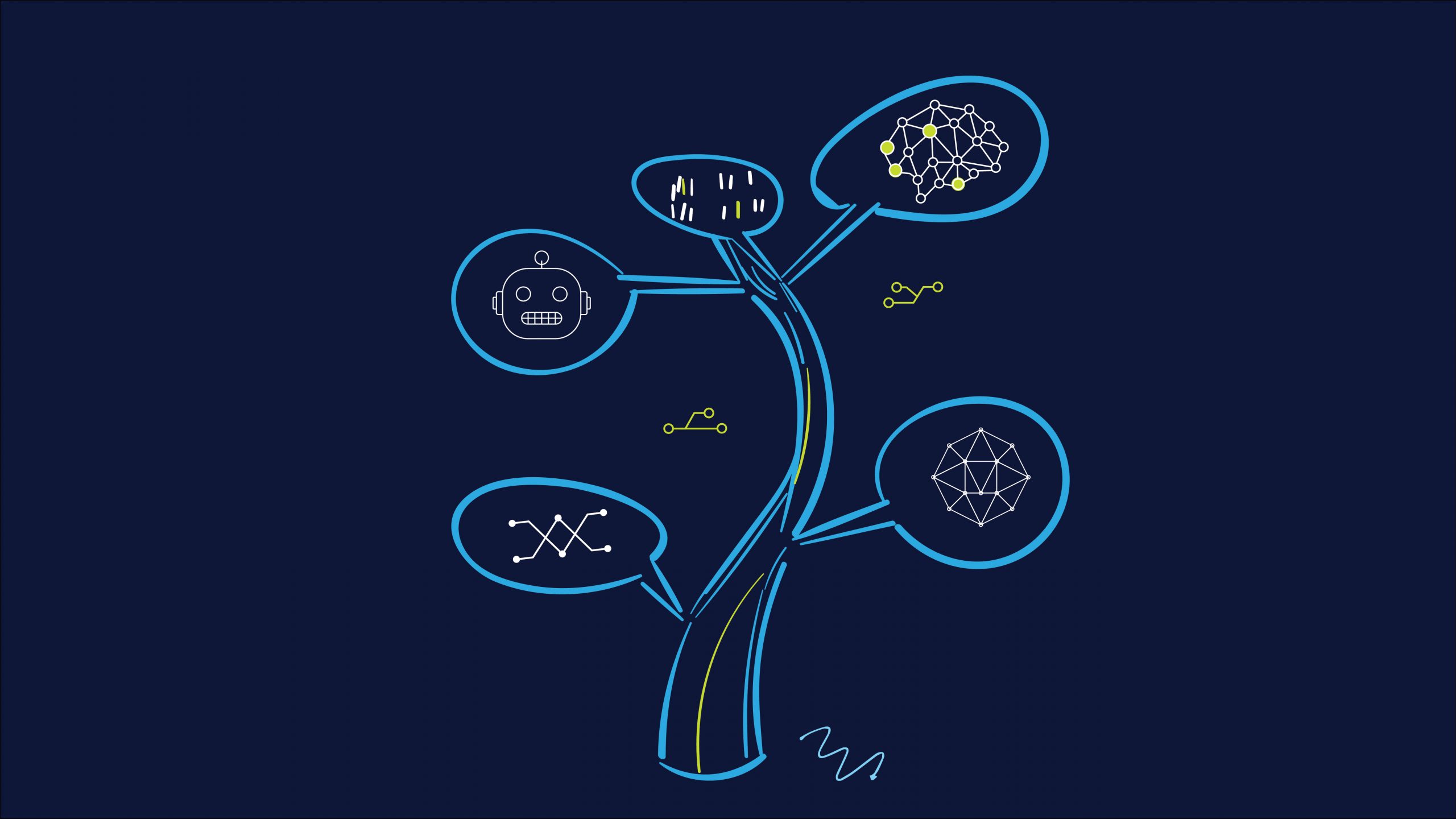 AI-Powered Software Engineering: Enhancing Productivity and Changing the Coding Experience
AI-Powered Software Engineering: Enhancing Productivity and Changing the Coding Experience
With the rapid advancement of large language models (LLMs), the field of software engineering has been greatly influenced. LLMs have evolved from simple code autocomplete tools to AI agents that can design software, correct modules, and assist software engineers in becoming more productive. While there is some unsubstantiated hype surrounding AI-powered software engineering agents, there is also true value to be captured. Developers who embrace these new AI tools will be able to accomplish much more in less time.
Transforming the Coding Experience: AI Coding Assistants
LLMs are revolutionizing the coding experience in three main ways. Firstly, developers are utilizing frontier models like ChatGPT and Claude as coding assistants. These models have become increasingly proficient at generating code from text descriptions, improving existing code snippets, and assisting with code debugging. Model providers are also adding new features to enhance the developer experience, such as Claude’s Artifacts feature, which allows developers to view and run code as they iterate over it with the model.
Advanced Uses of AI Coding Assistants: Integrated Development Environments (IDE) Plugins
The integration of LLMs into IDEs as plugins represents a more advanced use of AI coding assistants. Microsoft’s GitHub Copilot was one of the first tools in this domain, initially designed for writing code snippets but now functioning as a comprehensive assistant for various development tasks. Amazon’s coding assistant Q offers similar features within the coding environment, including code autocomplete, design agents, and code migration across different programming languages. Startups like Tabnine, Replit, and Codeium have also entered this space, providing AI coding assistants that integrate with multiple IDEs.
Software Engineering Agents: The Power of AI Agentic Frameworks
Another way LLMs are transforming software development is through agentic frameworks. These frameworks involve multiple LLMs working together to complete a project. For example, one agent can provide a high-level plan, while another agent offers a detailed breakdown of each step. A third agent can write code for a specific task, which is then reviewed by another agent for quality. Finally, another agent compiles and tests the code before approving it for launch. AI software engineering agents like Cognition’s Devin have demonstrated the potential to complete projects end-to-end.
Hype vs. Reality: The Role of AI in Software Development
While studies have shown that AI assistants like GitHub Copilot increase developer productivity and improve focus, there is also unwarranted hype surrounding AI software development assistants. Some videos have revealed that the capabilities of AI agents like Devin have been exaggerated, and they are far from replacing mid-level or senior software engineers. Concerns also exist regarding the safety of code generated by tools like Copilot, as well as the risk of “automation blindness” where developers blindly accept AI-generated code without proper review. However, as AI coding assistants continue to evolve, they offer significant value in software development.
Looking Ahead: The Future of AI in Software Engineering
While AI is not currently capable of replacing software developers entirely, the use of LLMs in software development is still in its early stages. As AI enters more domains, the demand for software developers is increasing. As the tools and models mature, we can expect further productivity gains in software engineering. The upcoming VB Transform 2024 conference will delve deeper into these topics, with expert panels discussing the cross-functional future of AI and its impact on various industries.

